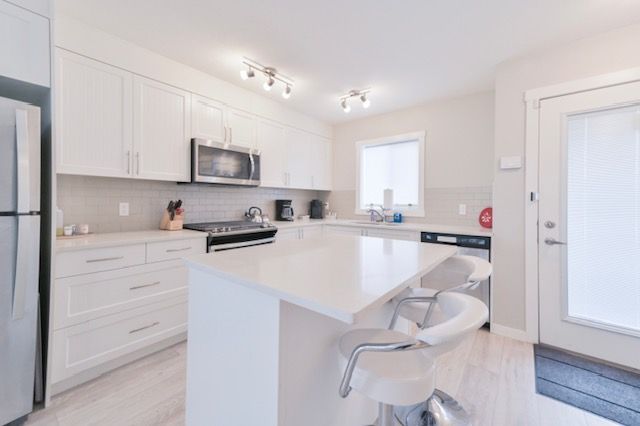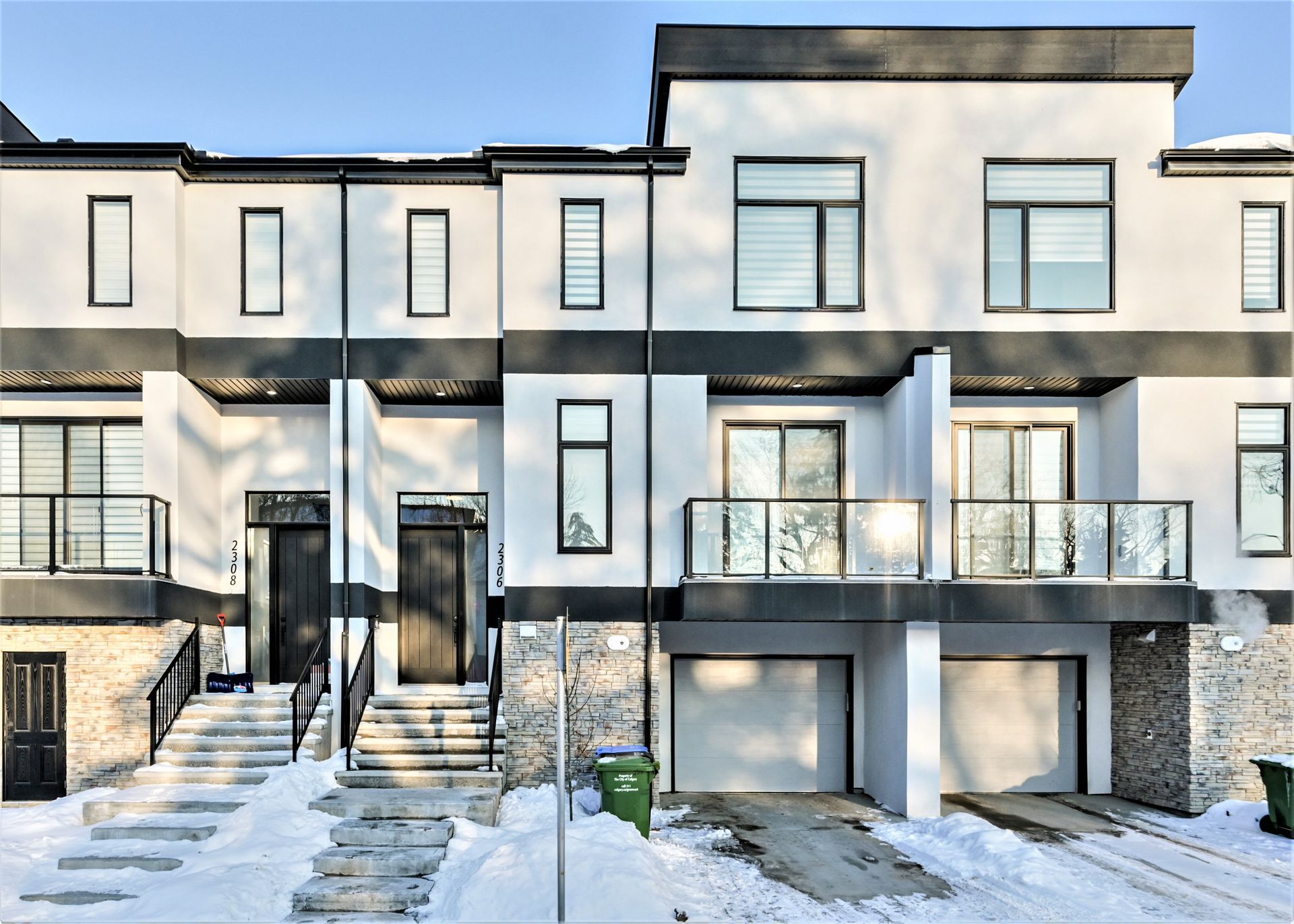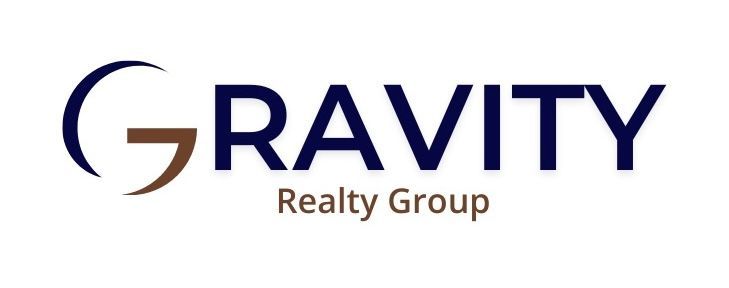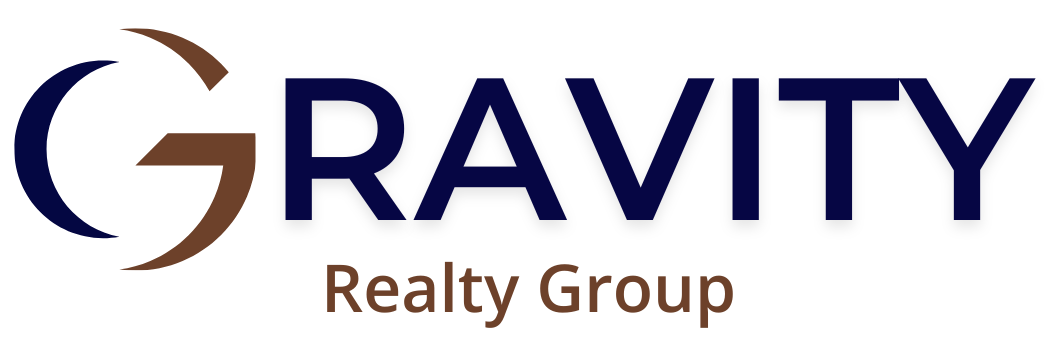Understanding Tax Implications for Short-Term Rental Income

Short-term rentals have become increasingly popular in Calgary, especially with platforms like Airbnb and Vrbo giving property owners the opportunity to generate additional income. While hosting can be a lucrative venture, many landlords overlook one important aspect—taxes. Understanding how short-term rental income is taxed in Canada, and specifically in Alberta, is essential to staying compliant and maximizing your earnings.
Do You Have to Pay Taxes on Short-Term Rental Income?
Yes. The Canada Revenue Agency (CRA) requires that all income earned from short-term rentals be reported as part of your annual tax return. Whether you’re renting out a spare room, a basement suite, or an entire property, this income is treated similarly to traditional rental income or even business income depending on your activity level.
GST/HST and Short-Term Rentals
One important tax consideration is whether your short-term rental income is subject to GST/HST. In Alberta, there is no provincial sales tax, but the federal GST (5%) may apply if you earn more than $30,000 in rental income annually. At that point, you may be required to register for a GST number and start charging GST on your rental fees.
For hosts earning less than that threshold, GST collection is typically not required, but you must still report the rental income.
Deductible Expenses for Short-Term Rentals
The good news is that you may be eligible to deduct expenses to reduce your taxable income. Common deductions include:
- Mortgage interest on the rental property
- Property taxes
- Utilities (if included in the rental price)
- Cleaning and maintenance costs
- Advertising or platform fees (such as Airbnb service charges)
- Insurance premiums related to rental activity
It’s important to keep detailed records and receipts to support these claims in case of an audit.
Business vs. Rental Income
The CRA distinguishes between rental income and business income. If you are simply renting out space without offering additional services, it’s usually considered rental income. However, if you provide services such as daily cleaning, meals, or concierge-type amenities, your income could be classified as business income, which may be subject to different tax rules.
Local Considerations in Calgary
In addition to federal taxes, Calgary property owners must also follow the city’s short-term rental bylaws, which include licensing and safety requirements. While these rules don’t directly affect your federal tax obligations, non-compliance could result in fines or additional costs that eat into your rental income.
Tips for Staying Compliant
- Keep Organized Records: Track all income and expenses throughout the year.
- Consult a Tax Professional: Tax laws can change, and professional advice helps ensure compliance.
- Plan Ahead for Tax Season: Don’t wait until the last minute—set aside a portion of your rental income for taxes.
Final Thoughts
Hosting short-term rentals in Calgary can be a rewarding way to supplement your income, but ignoring the tax side of things can create major headaches. By understanding how short-term rental income is taxed and what deductions are available, you can stay compliant with the CRA and keep more of your hard-earned money.
If you’re considering investing in a property for short-term rental purposes, Rob LeBlanc Real Estate is here to guide you through the process. From finding the right property to understanding the financial implications, we’ll help you make smart real estate decisions in Calgary.












